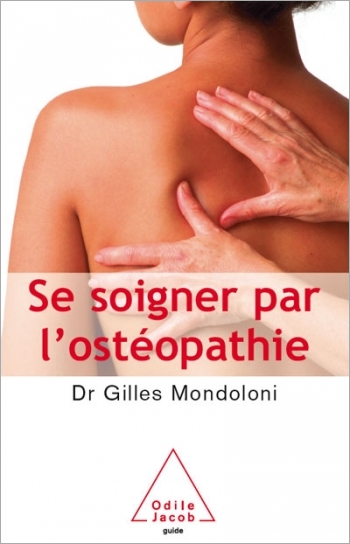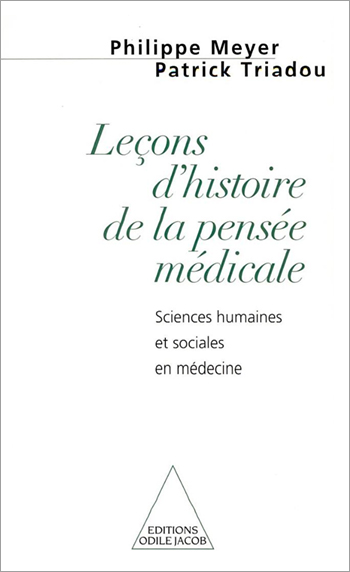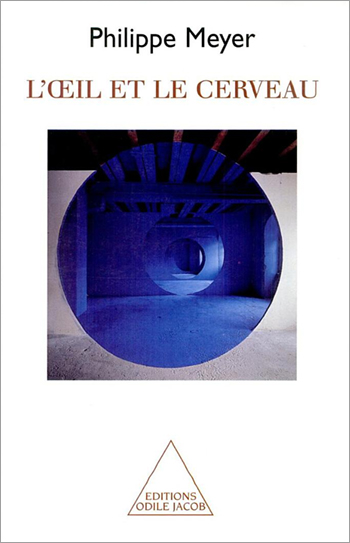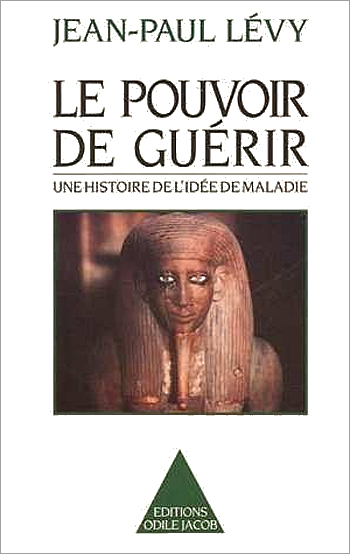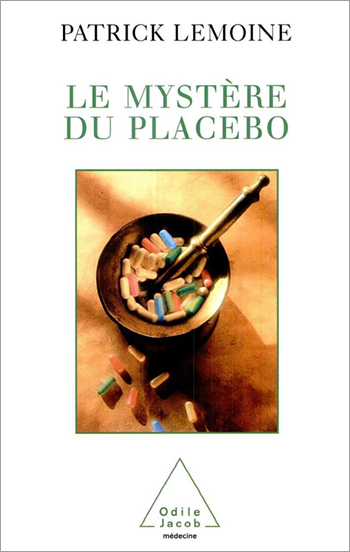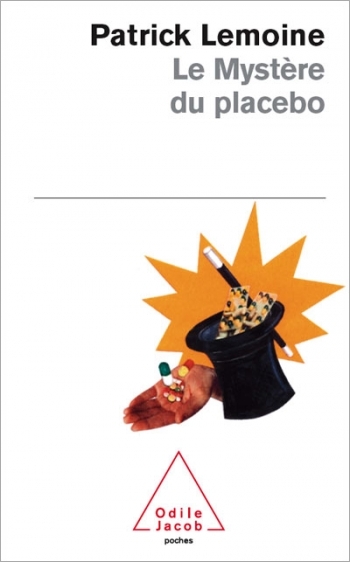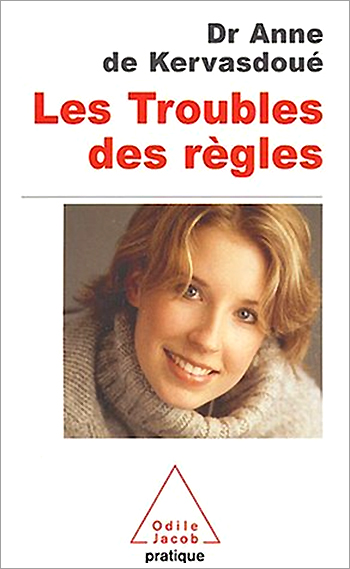General All books
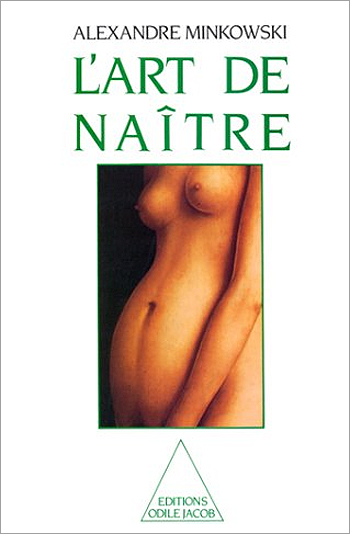
Alexandre Minkowski
The Art of Giving Birth
How are children born today in different cultures? At once a history of birth throughout the ages and a comprehensive medical anthropology, this book constitutes a rigorous overview and breakdown of our current knowledge in the fields of foetal biology and neonatal medicine. As a professor and the director of a research laboratory at Port-Royal, Alexandre Minkowski has dedicated his life's work to the medical and scientific study of the foetus.
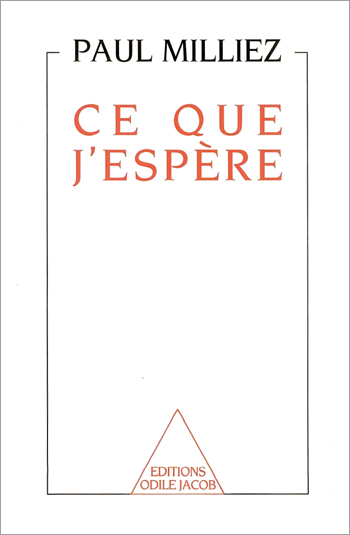
Paul Milliez
My Hopes
How does a traditionally-educated Catholic become a committed doctor? How do the resistance, the fight for abortion and against all forms of intolerance, intimate relationships with world leaders from General de Gaulle to the Shah of Iran and travels from Liban to Saudi Arabia, combine to create an extraordinary personality? A worldwide specialist in arterial hypertension, Paul Milliez (1912-1994) was the honorary dean of faculty at Broussais Hotel-Dieu.
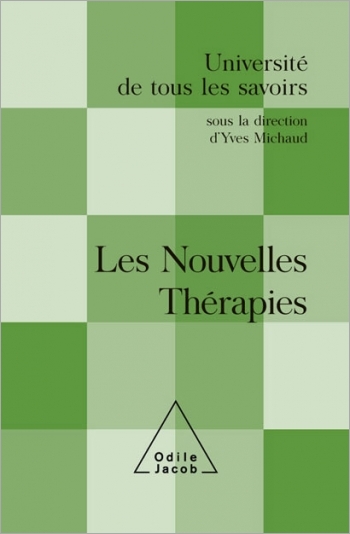
Yves Michaud
New Therapeutics
Advances in medical science are constantly being made, but it is often difficult for patients to realise what these advances entail and to understand their applications. The twelve lectures collected in this new volume in the series L'Université de tous les savoirs aim to inform us about some of these recent advances by addressing the following questions: What is the procedure for putting new medication on the market? How is new medication tested? What are the policies for furthering pharmaceutical innovation? How are health care structures organised? What will the hospital of the future be like? What are biotechnologies? What has been the impact of the neurosciences on therapeutics? What advances have been made in genetic mapping? What benefits can patients hope to gain from it? Gathered here are contributions by a geneticist, a surgeon, a psychiatrist, an emergency doctor, a neurologist and a philosopher. They examine the state of medical research today and address a question that concerns us all: What will medical care be like in the future? Contributions by Yves Agid, Pierre Carli, Alain Carpentier, Patrick Couvreur, Claude Debru, Bernard Golse, Didier Houssin, Gérard Le Fur, Jacques Marescaux, Arnold Munnich, Luis Omnès and Olivier Saint-Jean. Other books in the series include Qu'est-ce que la vie?, Qu'est-ce que l'humain?, Qu'est-ce que la société?, Qu'est-ce que l'Univers?, Qu'est-ce que les technologies?, Qu'est-ce que la culture?, Qu'est-ce que la vie psychique?, Le Renouvellement de l'observation dans les sciences, La Chine aujourd'hui, Egalité et inégalités, Qu'est-ce que la diversité de la vie?, Qu'est-ce que la globalisation?, Paris and La Guerre d'Algérie 1954-1962.
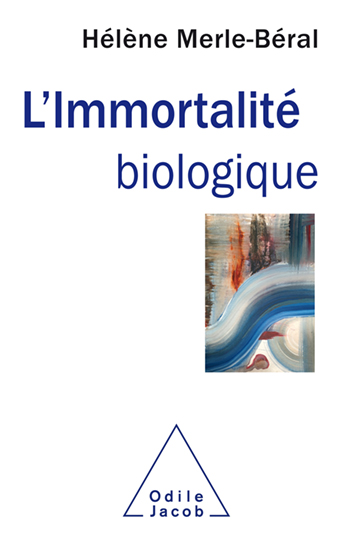
Hélène Merle-Béral
The Biology of Immortality Who wants to be immortal?
Immortality is no longer what it used to be. This brief history introduces the proponents and the implications of it. Life can be prolonged; medical science is constantly proving this; but it cannot thwart the great laws of biology.
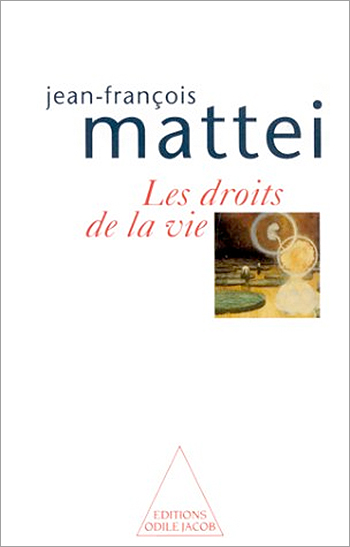
Jean-François Mattei
The Rights of Life
Medically assisted procreation, prenatal diagnostic, organ transplants, genetic testing : all are part of the spectacular progress characteristic of scientific and medical research in the last few years. These new techniques confront us with totally new situations and oblige us to take responsabilities and make difficult choices. Should we do these things just because we can ? Who should decide what to do and on what criteria ? The individual or society ? Doctors or politicians ? This book invites us into a stimulating and incisive thought process concerning the future of medicine.
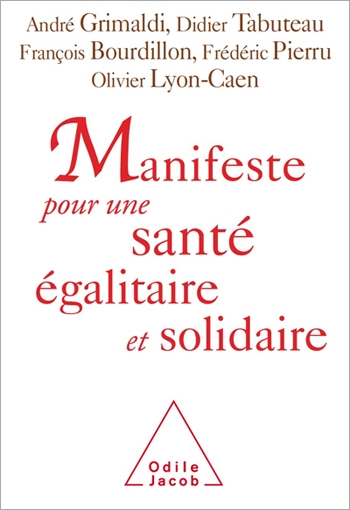
André Grimaldi, Didier Tabuteau, François Bourdillon, Frédéric Pierru, Olivier Lyon-Caen
Manifesto for Fair and Egalitarian Healthcare
In the run-up to the French presidential elections, two healthcare specialists denounce the constant and catastrophic deterioration of hospitals in France — and propose effective solutions
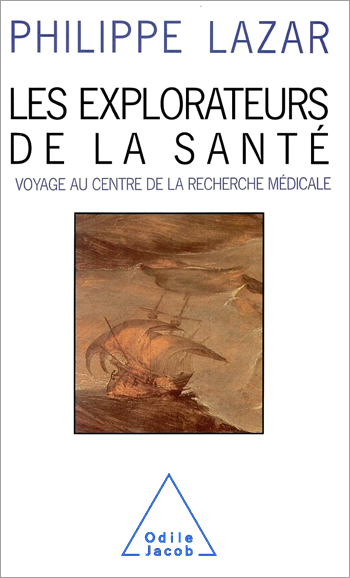
Philippe Lazar
The Health Explorers Voyage to the Centre of Medical Research
Research is a keystone of modern medicine, and is a critical factor in the independence of the nation, and yet medical research is still not well-known to the general public. How do researchers work? How is research organized in France? What are the links between the various public players and researchers? Since 1982, Philippe Lazar has been director-general of the French National Health and Medical Research Institute.
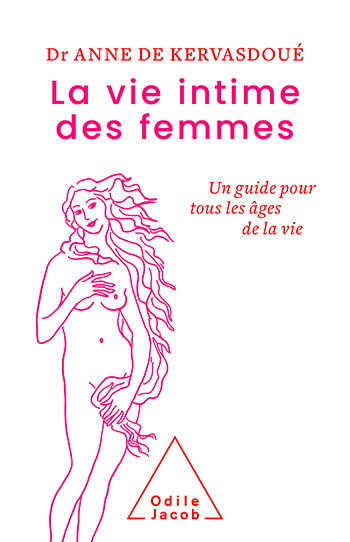
Anne de Kervasdoué
New Questions from Women Responses to 1001 questions that women ask about their health and their well-being, at every age in life
All the experience and knowledge of a gynecologist who has been listening to women for 40 years.

